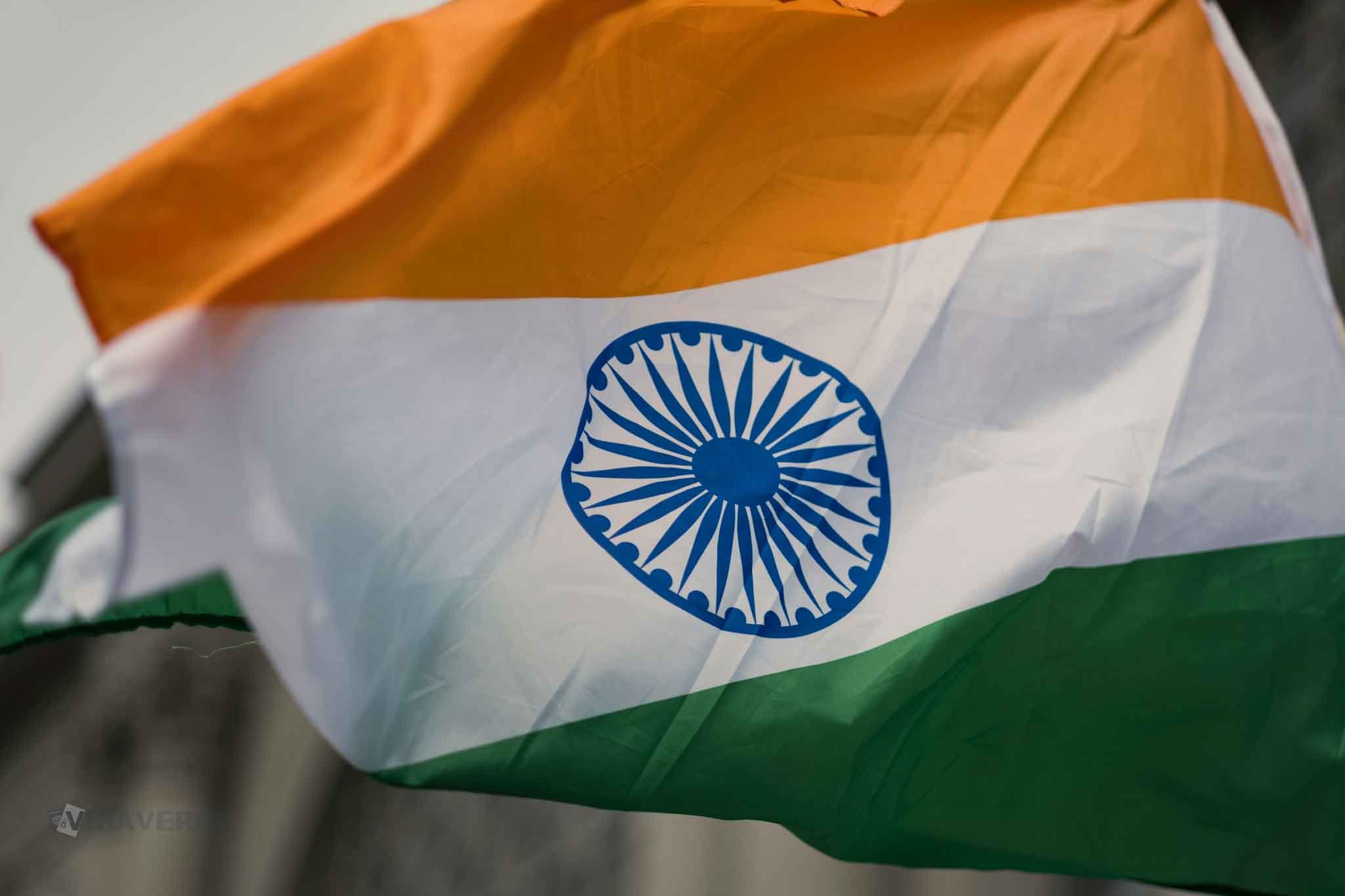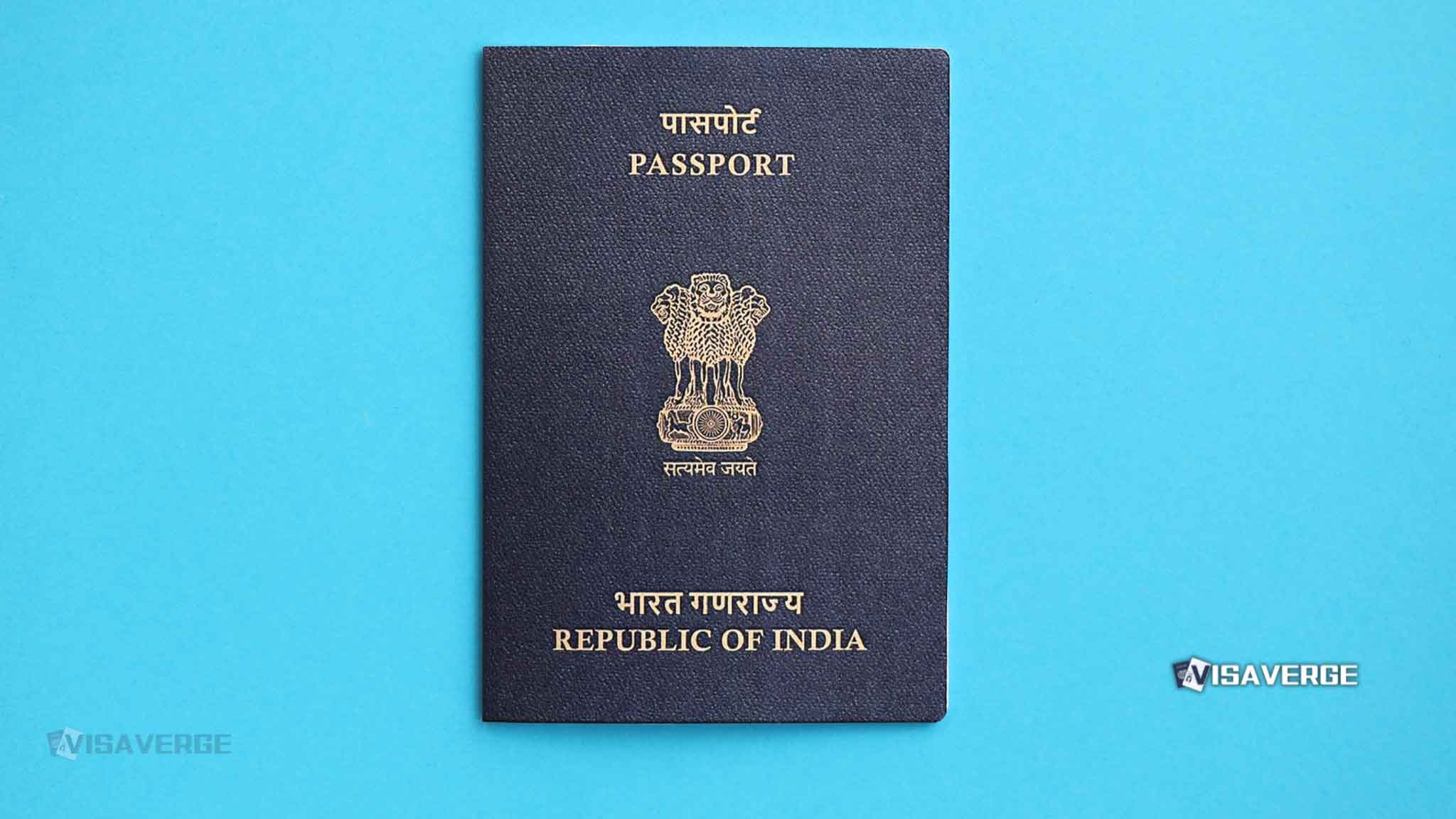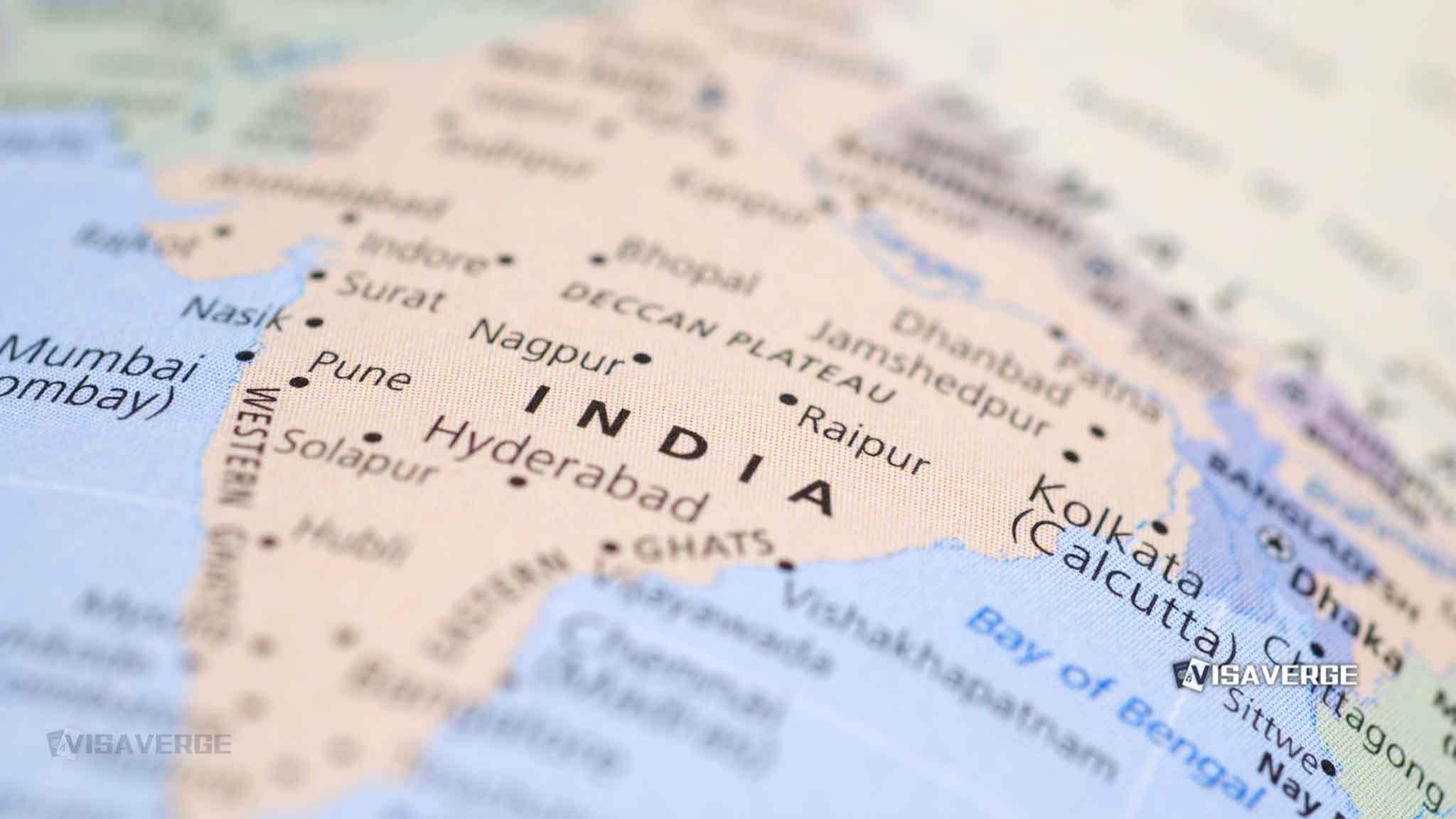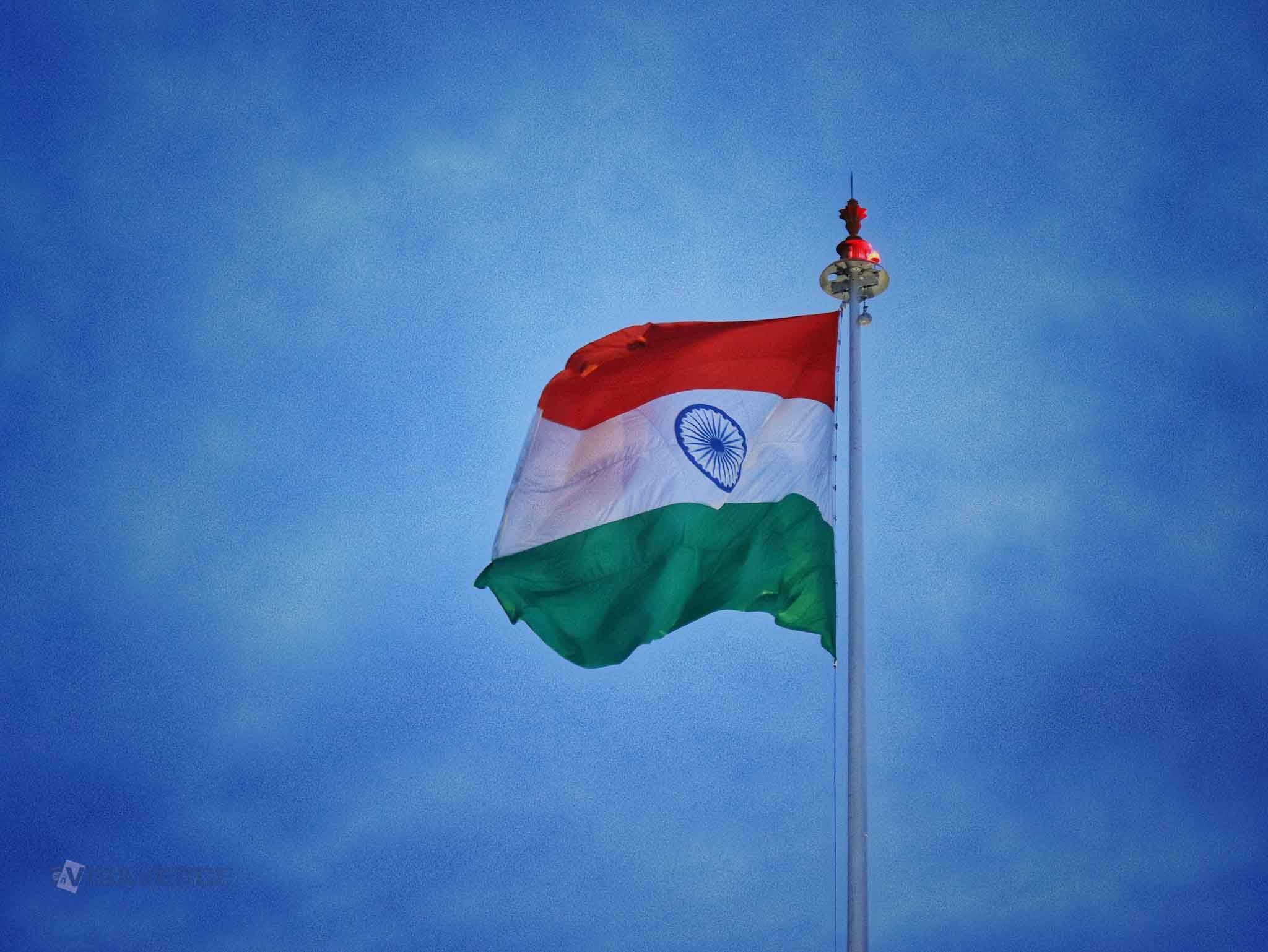(BOMBAY) The Bombay High Court ruled on August 12, 2025 that holding Aadhaar, PAN, or Voter ID does not prove Indian citizenship, stating that only the Citizenship Act, 1955 decides who is a citizen of India. A bench led by Justice Amit Borkar delivered the order while hearing the bail plea of Babu Abdul Ruf Sardar, an alleged Bangladeshi national accused of illegal entry and the use of forged Indian identity documents, including an Indian passport.
Investigators said they found digital copies of Bangladeshi birth records on his phone, and a forensic review raised doubts about the authenticity of his Indian papers. Given the serious allegations of illegal entry and forgery, the court rejected the bail plea.

Core legal holding
The court underlined a simple rule: identity cards help identify a person or access services, but they do not grant nationality. In Sardar’s case, that meant his Aadhaar, PAN, and Voter ID could not settle the question of whether he is an Indian.
The bench said questions of citizenship must be answered by the legal pathways set out in the Citizenship Act, 1955 — by birth, descent, registration, naturalization, or through the incorporation of territory — and not by possession of commonly used IDs.
Legal foundation and the court’s reasoning
The court called the Citizenship Act, 1955 the “primary and controlling law” on nationality and pointed to Article 11 of the Constitution, which empowers Parliament to make citizenship laws. It stressed that administrative IDs exist to manage services such as banking, welfare, and voter rolls, but those tools do not override the Act.
In clear language, the judges said: Aadhaar, PAN, and Voter ID are not proof of citizenship.
This approach follows earlier higher-court warnings that Aadhaar is an identity platform, not a citizenship stamp. Analysis by VisaVerge.com notes the High Court’s view reflects a long-standing separation in Indian law between identity management and citizenship status, a distinction that often confuses the public because the same cards unlock everyday services.
Burden of proof and illegal migrant status
A key part of the order concerns the burden of proof:
- When the State presents credible doubts — for example, conflicting birth records or suspected forgeries — the person claiming Indian nationality must prove it under the Act.
- In Sardar’s case, allegations of illegal entry and national security concerns raised the evidentiary threshold.
- The presence of multiple IDs, even an Indian passport under challenge, was insufficient without reliable evidence that fits the Act’s statutory routes to citizenship.
The court also emphasized the legal status of an “illegal migrant”, which bars most legal paths to citizenship under the Act. While the judges did not rewrite policy, they affirmed that someone who entered without valid documents or overstayed faces strict limits on later claiming Indian nationality.
For readers seeking the law’s text, the Ministry of Home Affairs hosts official materials on citizenship, including the Act and rules. The government’s portal is available at: https://www.mha.gov.in.
Practical impact on applicants and daily life
This decision has practical effects beyond the single case. Many people treat Aadhaar or Voter ID as a stand-in for nationality. The court’s message is clear: those IDs are helpful for daily life, but they do not answer the legal question of citizenship.
What will count more are documents and evidence that fit the Act’s categories, such as:
– Passports issued after due verification
– Citizenship certificates or registration papers under the Act
– Records proving birth in India with parents who meet the Act’s conditions
– Documents that support naturalization after the lawful period of residence
The ruling lands where illegal migration, forged papers, and national security overlap. The court’s focus on careful verification signals that authorities and lower courts may treat identity cards with more caution when citizenship is disputed.
Effects on administration, police, and courts
- Police and investigative agencies may conduct stricter forensic tests for suspected forgeries.
- Trial courts will likely require evidence tied specifically to the Act’s routes to citizenship.
- Agencies may increase cross-checks among databases when a person’s nationality is challenged.
- No immediate policy changes to the issuance of Aadhaar, PAN, or Voter ID were announced, but the judgment may prompt tighter scrutiny in sensitive matters.
Public reaction and human consequences
Public reaction includes both concern and confusion. A common question is: “If Voter ID is not proof of citizenship, why is it used for voting?” The legal answer: the Election Commission uses Voter ID to manage the rolls, but enrollment and voting eligibility come from rules and verification processes, not the plastic card alone.
Columnist Prabhu Chawla called the ruling a “bureaucratic unmasking,” arguing it exposes the hollow part of relying on these cards to claim nationality and may affect over 950 million voters who carry them.
For families and individuals, the human implications are significant:
– A college student applying for a passport,
– A migrant worker seeking to regularize status,
– A long-term resident facing a police check,
—all may need to show records that match the Act’s routes, not just produce an Aadhaar card. This is especially challenging for poorer households that may lack birth records or old school certificates.
Lawyers say the order closes the door on a common courtroom defense: stacking multiple IDs to argue nationality. Future cases will likely hinge on whether a person can show lawful entry and stay, and then tie that history to a statutory path in the Act.
Key takeaways
The judgment underscores three main points:
– Identity cards are not citizenship proof.
– Citizenship must align with the routes in the Citizenship Act, 1955.
– When doubts arise, the individual must prove status under the Act.
As for Sardar, the High Court’s rejection of bail pivoted on these principles. The presence of Aadhaar, PAN, Voter ID, and even an Indian passport did not outweigh doubts raised by alleged Bangladeshi records and suspected forgery. The court treated the matter as a law-and-facts test, determining citizenship by statutory pathways rather than by the number of IDs a person can produce.
The judgment, delivered in August 2025, reiterates a core truth of Indian nationality law: paperwork that helps you live and work in India is not the same as paperwork that proves you belong to India as a citizen.
Frequently Asked Questions
This Article in a Nutshell
Bombay High Court’s August 12, 2025 ruling clarifies Aadhaar, PAN, and Voter ID cannot establish citizenship; the Citizenship Act, 1955 governs nationality, requiring statutory proofs like birth, descent, registration, or naturalization. Forensic doubts and alleged Bangladeshi records led to bail denial in Sardar’s case, stressing stricter verification and legal pathways.













